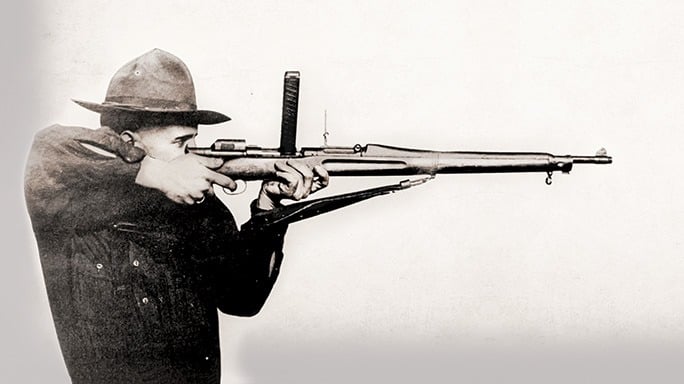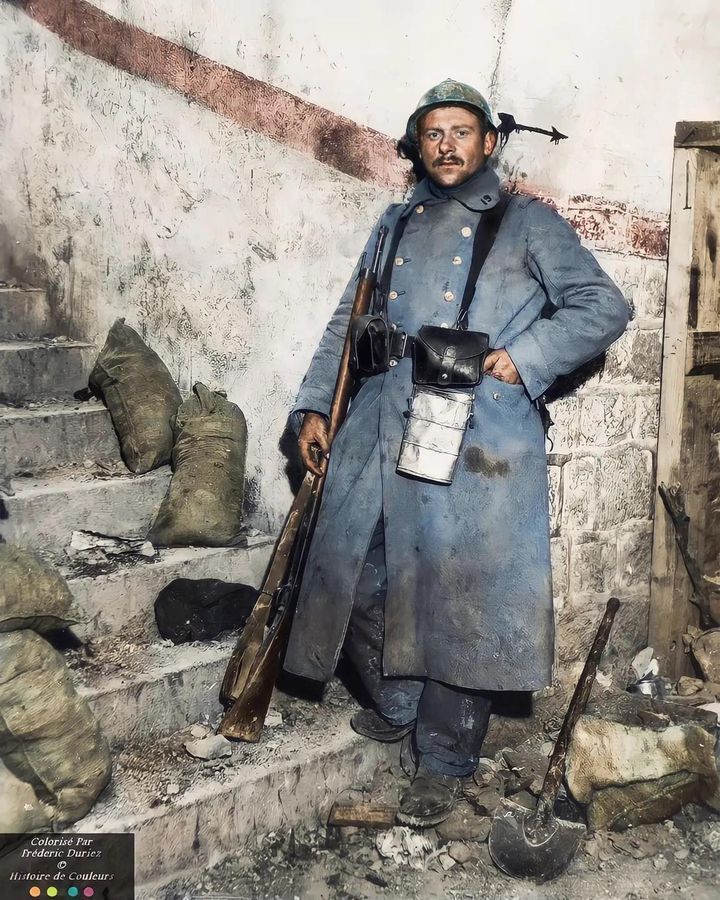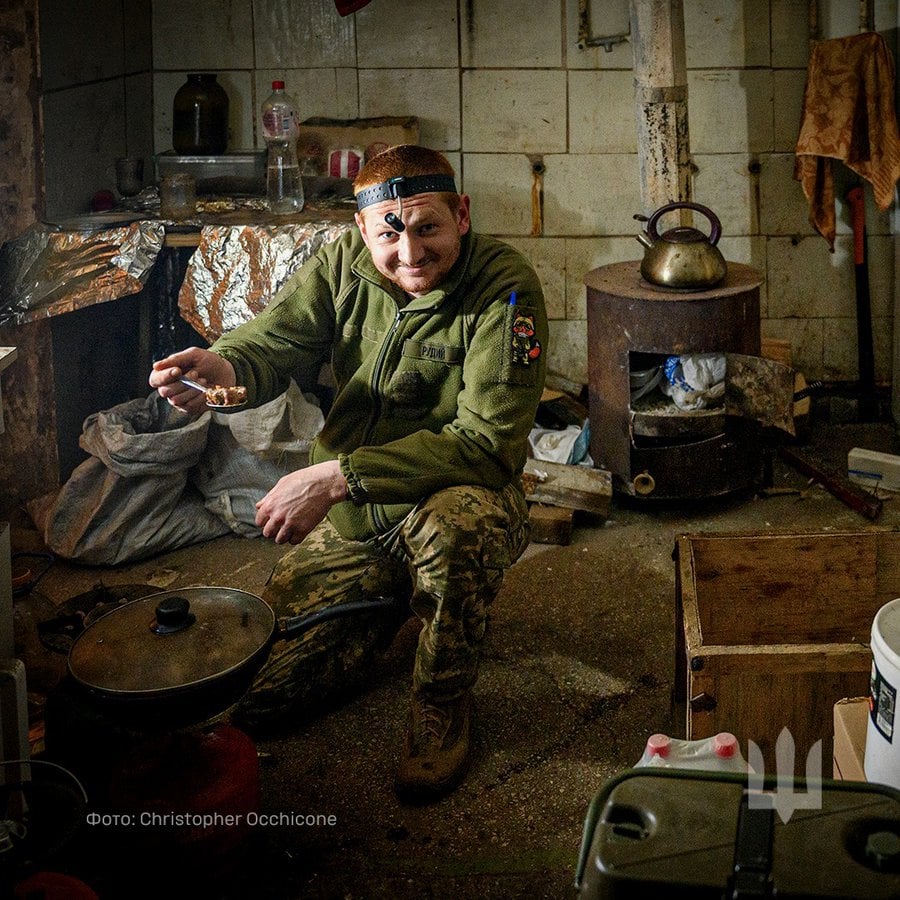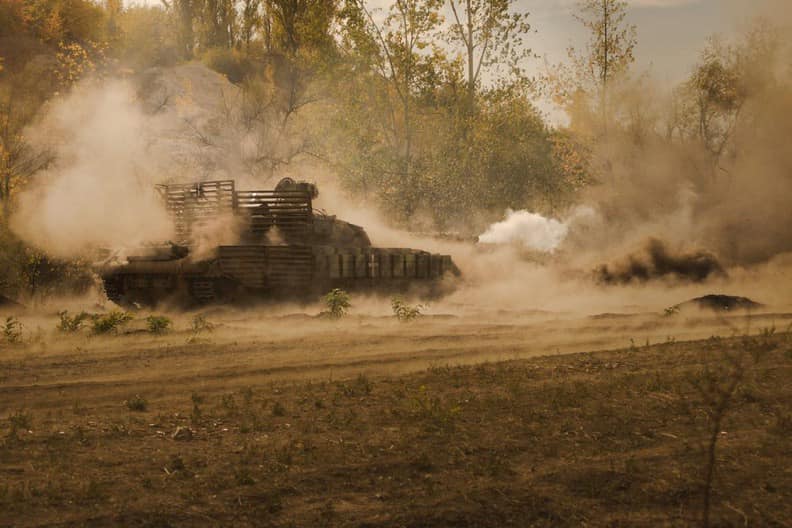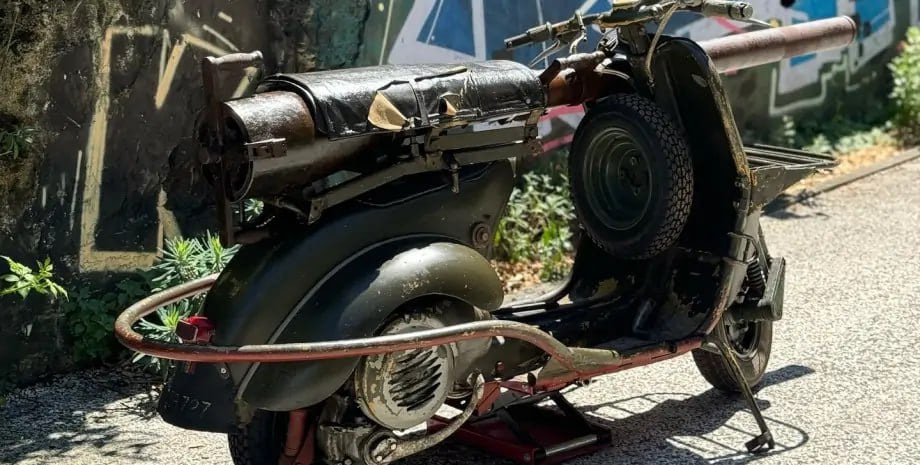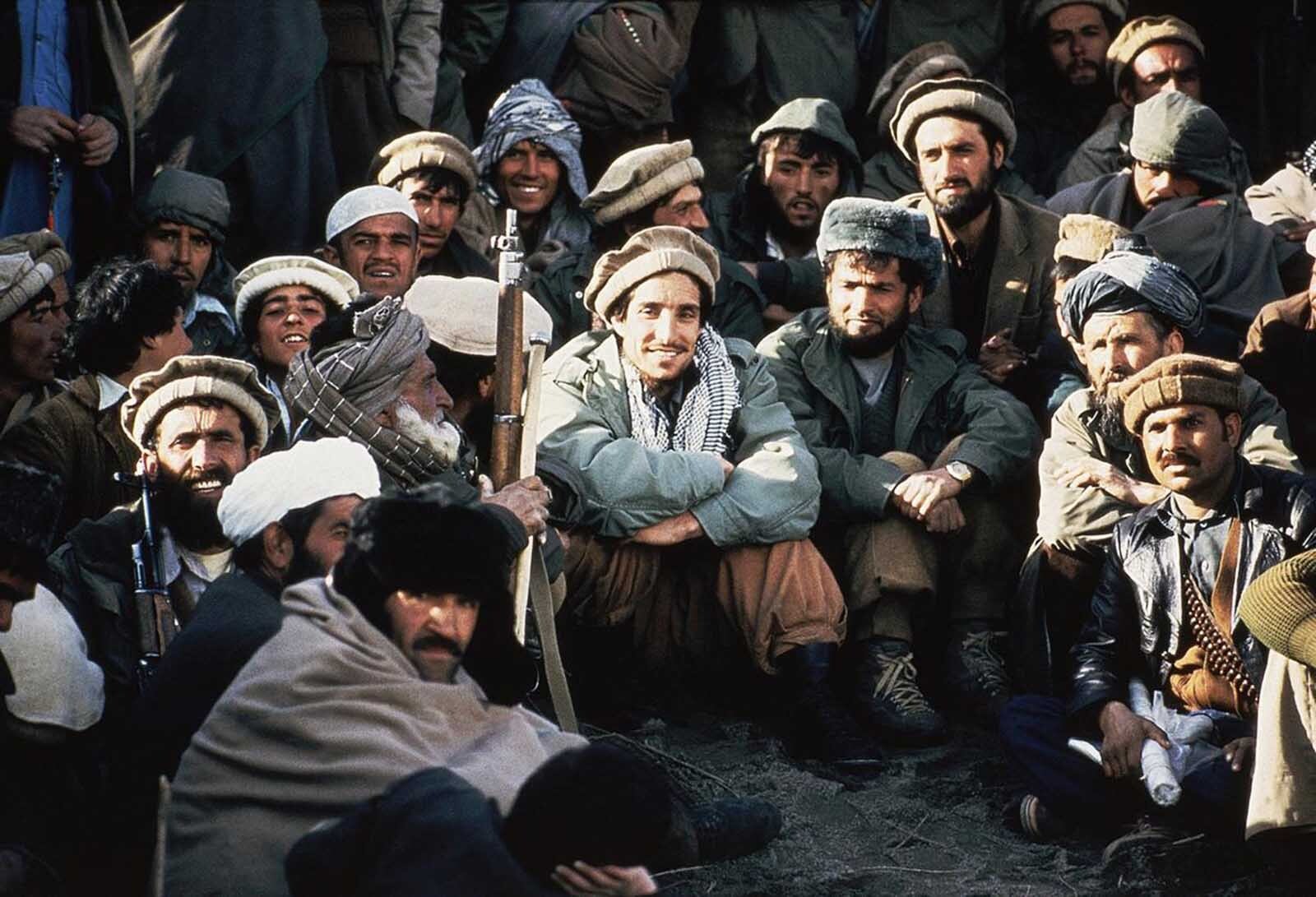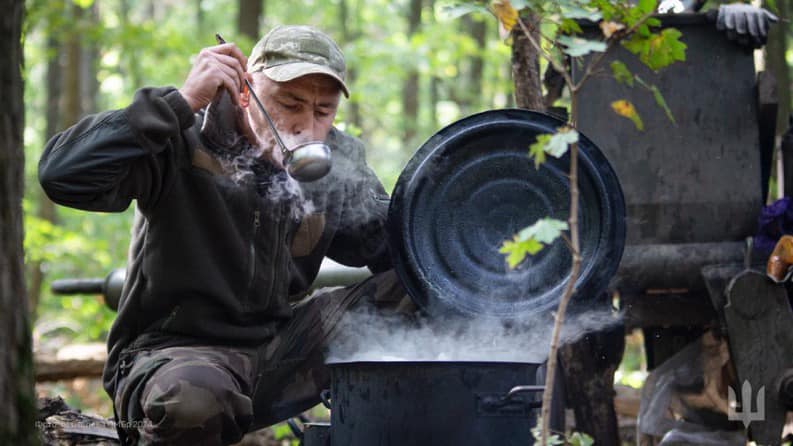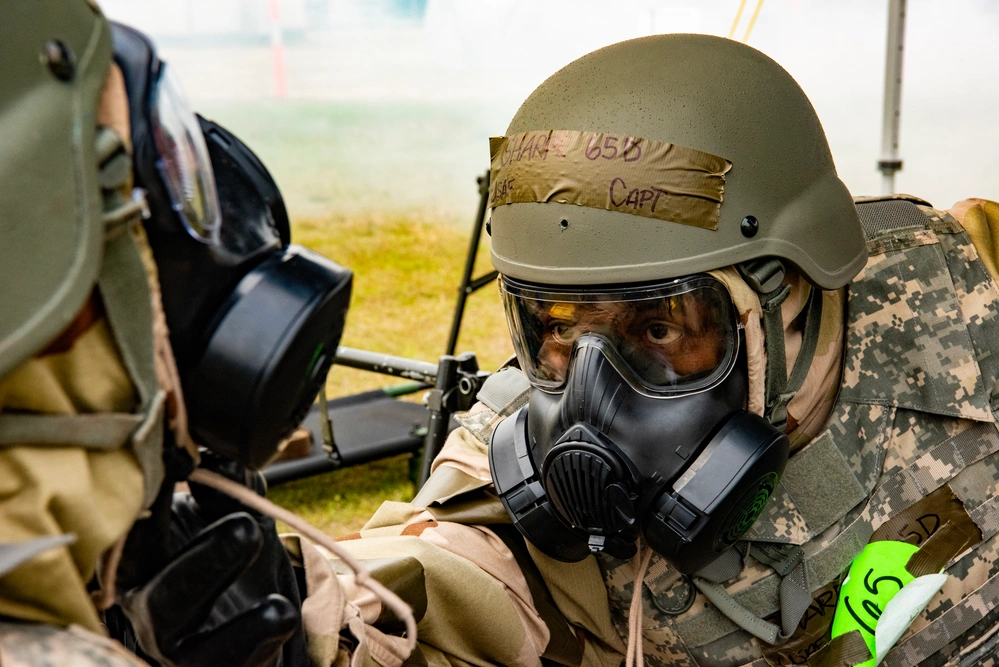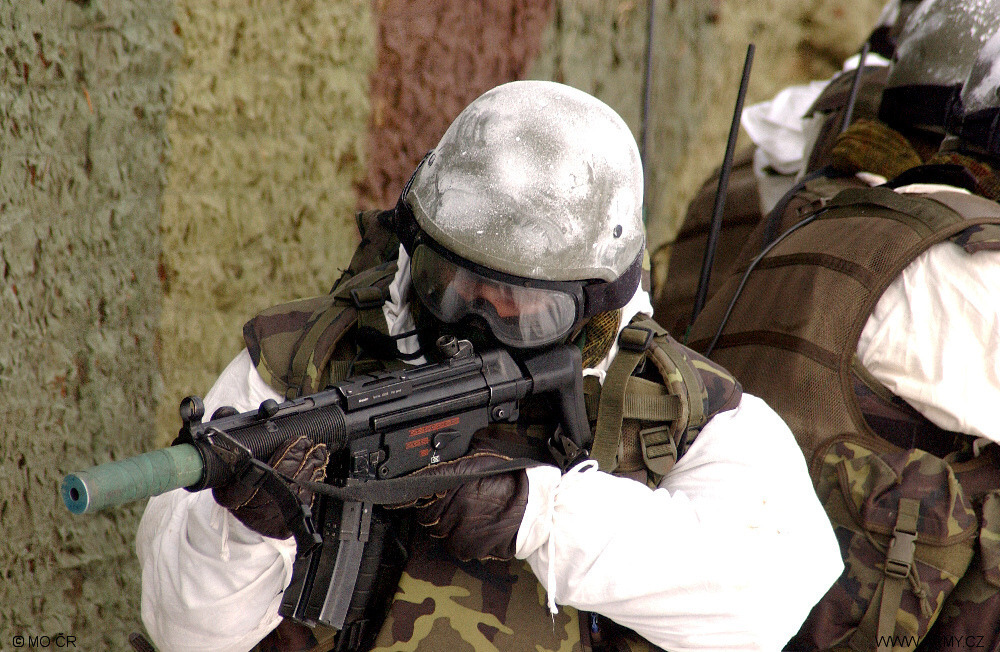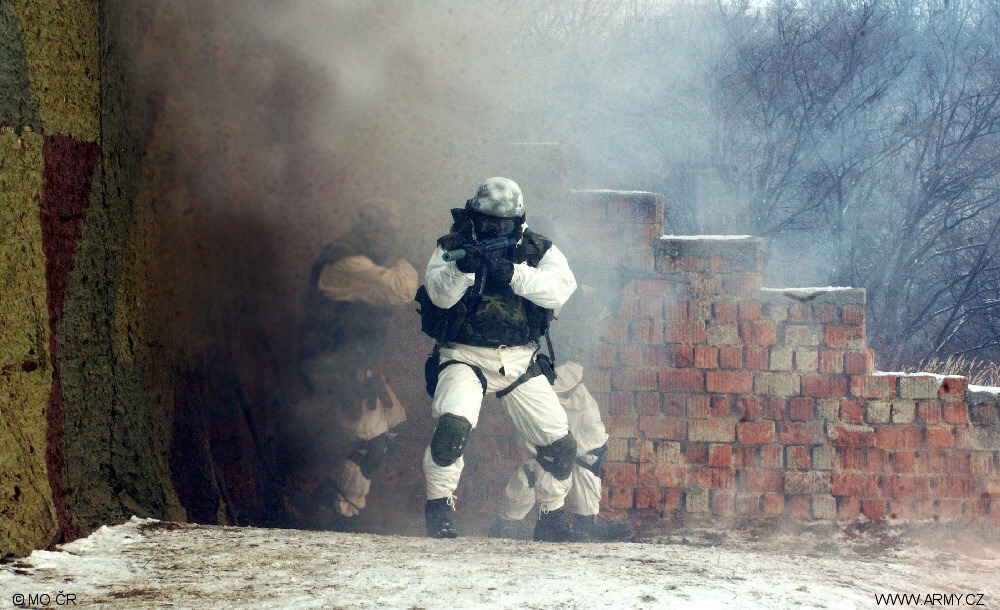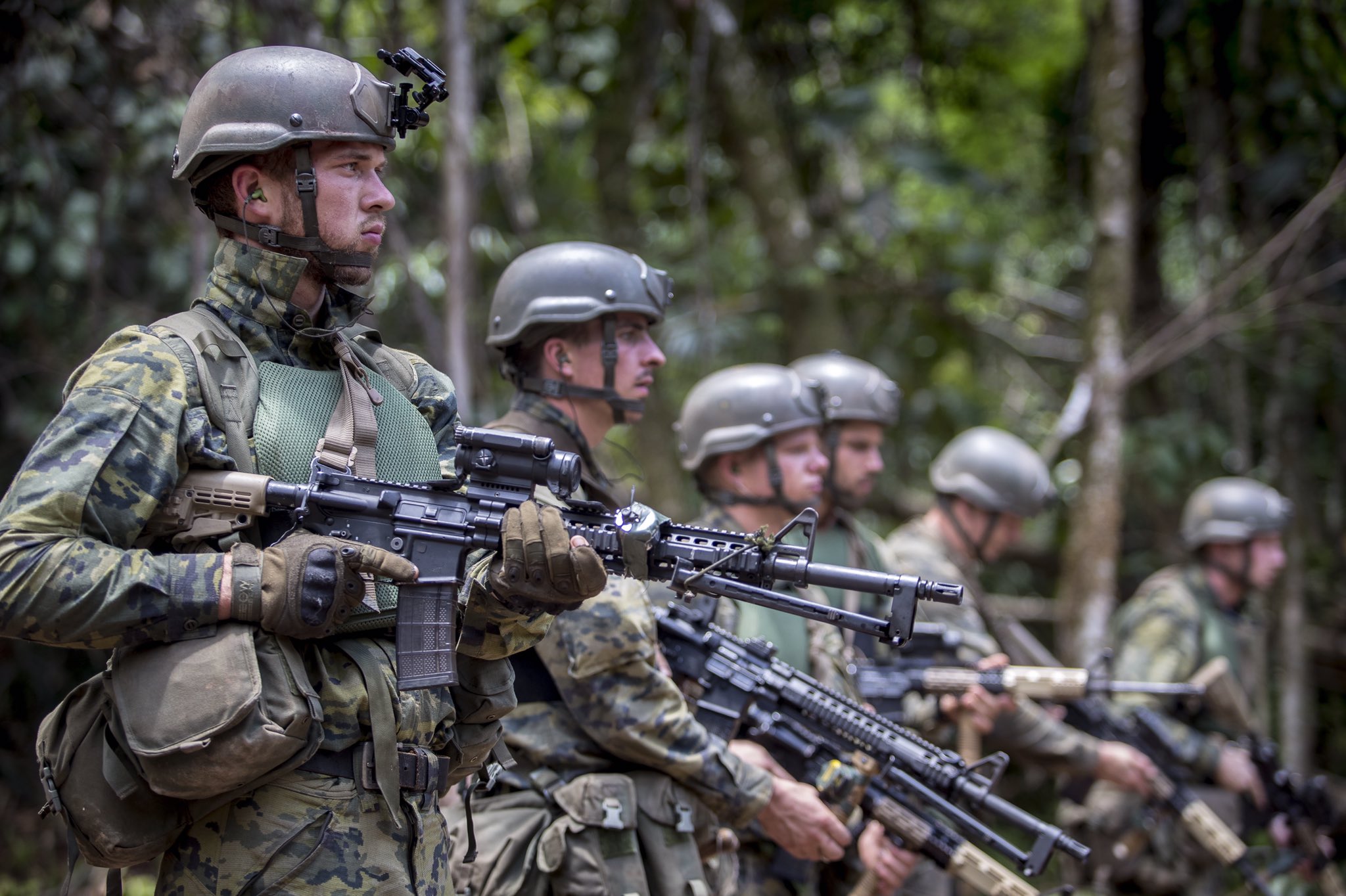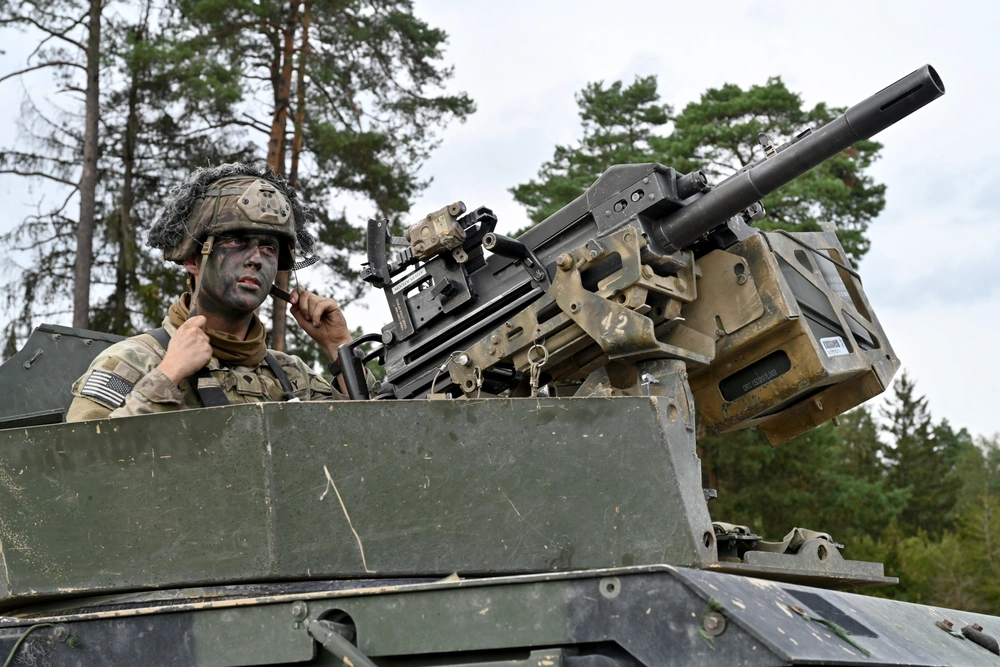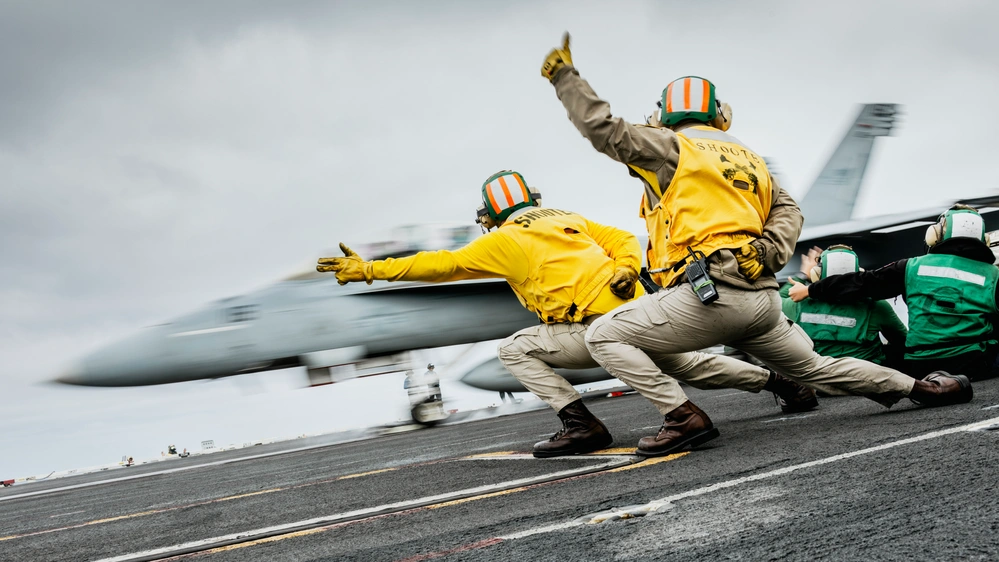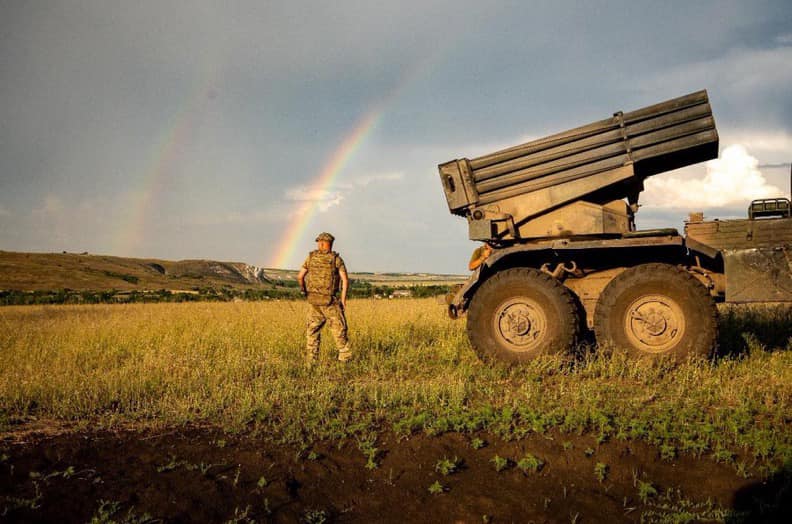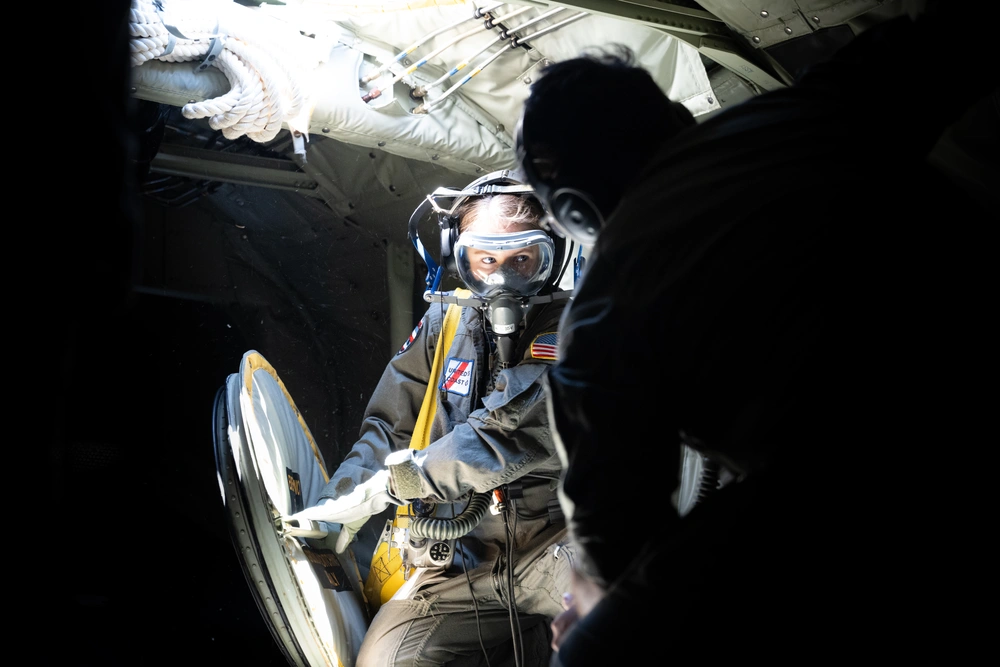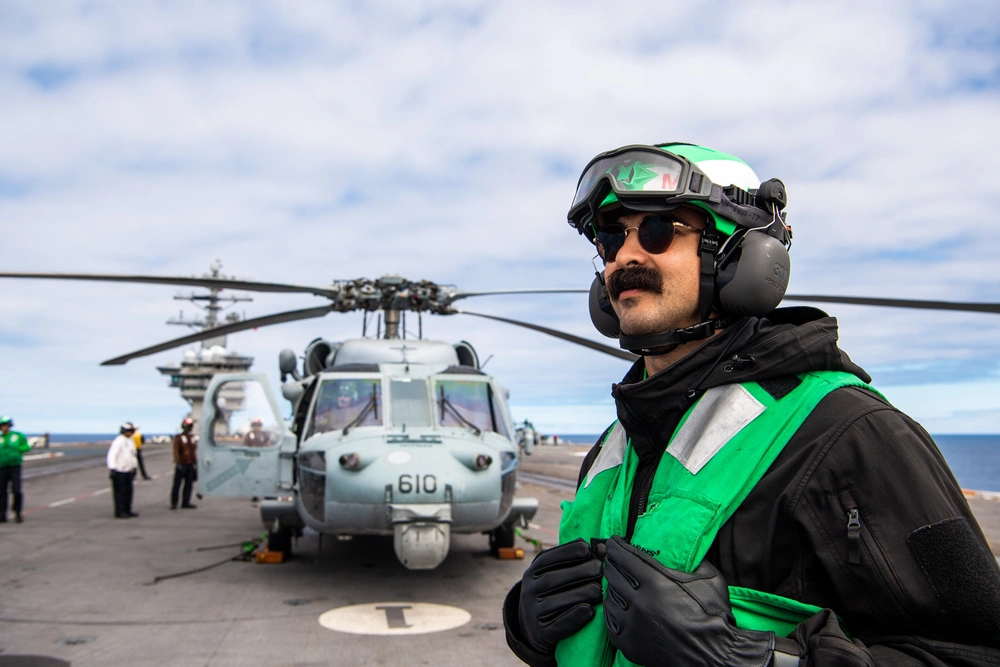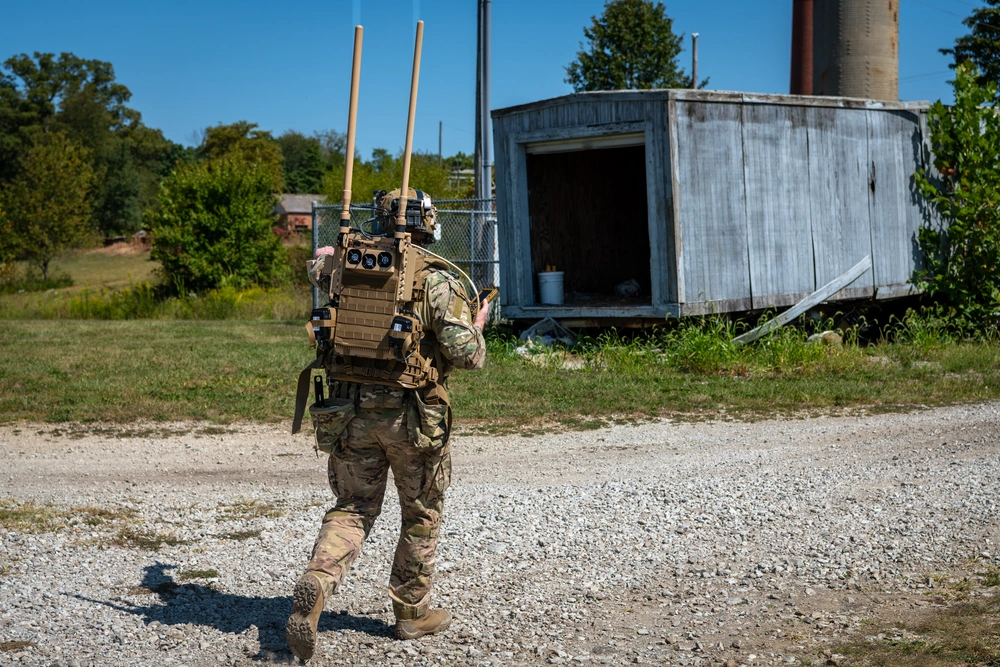Military Porn
This community is for posting high quality photographs of militaries from around the world.
RULES:
1 - Keep it civil. No slapfights.
2 - Keep it classy.
3 - Keep it real. Posts must actually be photographs. No art or CGI mock-ups in the main image post; art or mock-ups may be added supplemental in the body of the post. Posted thread photos should not be edited aside from minor blurring of faces or other sensitive subjects, or date-time stamps.
4 - Keep it informative. Posts are encouraged to give descriptions and sources in the body paragraph. While not mandatory it will help foster discussions. Users are strongly encouraged to find and post the original source and photographer if the information is available.
COMMUNITY DESCRIPTION:
Pictures of any and all nations. Modern and historical photos are allowed. Photos may be of vehicles, equipment, troops, installations, or anything else military. Photographs of military hardware that is being displayed, but has not yet been adopted are allowed. Photographs of historical military equipment that are in a museum are allowed.
As a courtesy to the Lemmy.world server load, you are encouraged to host pictures rather than posting them directly.Easy options for hosting pictures include https://catbox.moe and https://imgur.com, but other domains are welcome.
When looking for photos to post here, try to look for ones that are unique rather than those which have been widely popularized already. Take care to avoid reposting as much as possible.
HELPFUL STUFF:
One source for photographs is the U.S. government run https://www.dvidshub.net, for anyone interested. Other sources are welcome.
If you want communities with partially related content, don’t forget to check out:
!noncredibledefense@lemmy.world
!noncredibledefense@sh.itjust.works
___



